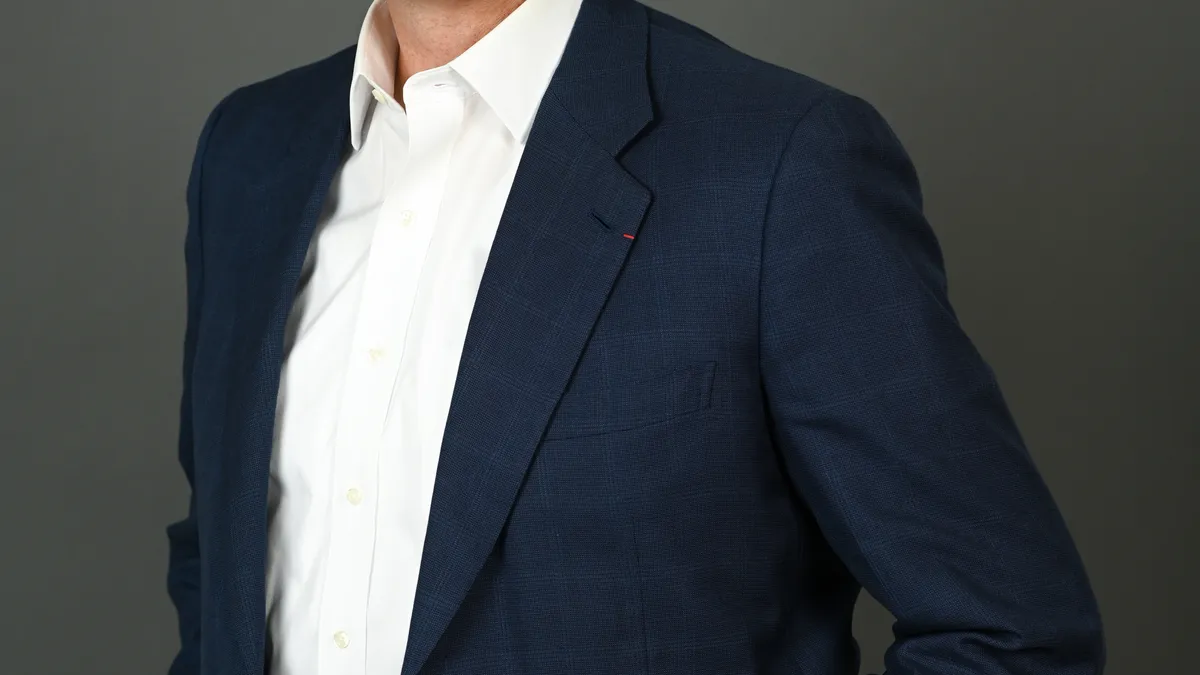As the COVID-19 pandemic entered a new phase in 2022 and company priorities shifted, the life sciences industry saw several high-profile executive changes along the way. Many large pharmas and biotechs swapped at least one leader in the upper echelon of their organization to redefine strategies in changing market conditions.
Here’s a look at several of the notable C-suite changes from the last year and how they’ve shaken up the industry.
GSK appoints a new chief scientific officer
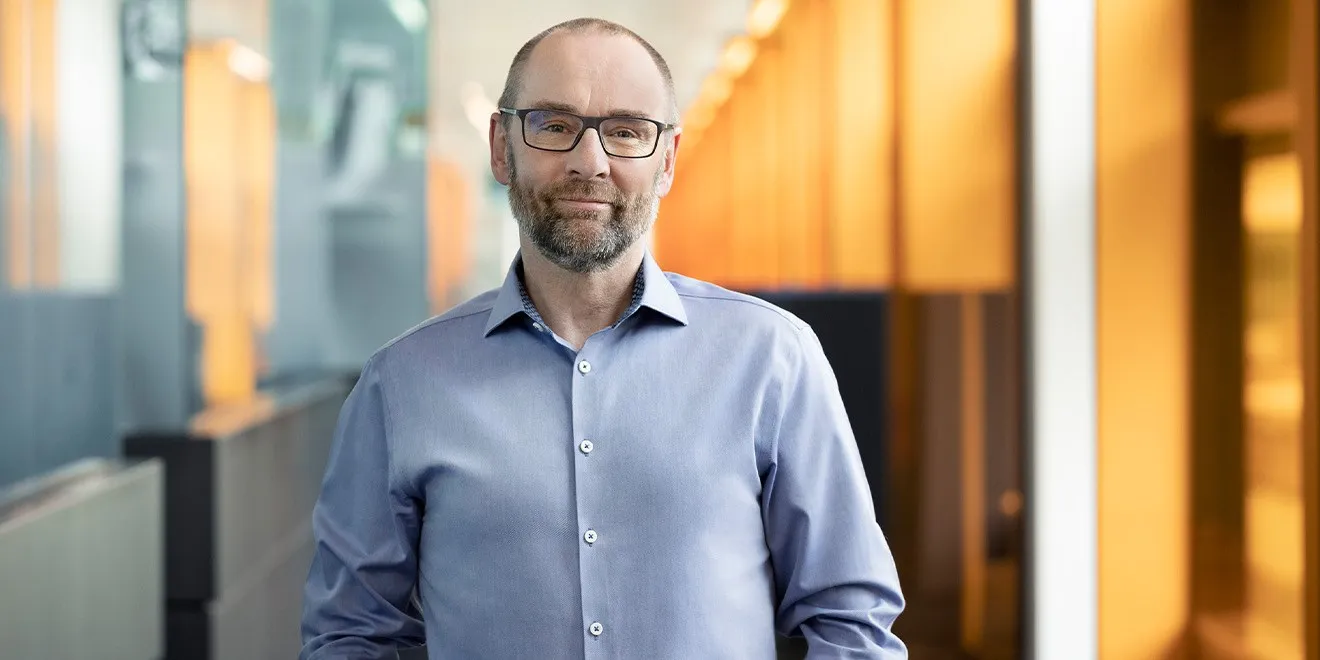
Tony Wood, former head of GSK’s science and technology platforms and a longtime Pfizer executive, took the helm at the U.K. company’s R&D arm in August succeeding Hal Barron, who left to lead Altos Labs.
Wood’s appointment came at a pivotal time for the company, which simplified its name from GlaxoSmithKline to GSK and launched a complete rebranding just months prior. GSK also looked to cement itself as the “leading vaccines company” this year and announced in October that Iain Mackay will succeed Julie Brown as its new CFO in 2023.
With all the change, Wood said his priorities in the new role are developing the company’s late-stage pipeline, “bringing new vaccines and medicines to patients as quickly as possible” and “exploiting new and existing platforms and data technology” to accelerate clinical development.
Pfizer taps Roche alum as chief development officer
William Pao, former head of pharma research and early development at Roche, joined Pfizer as chief development officer in March, where he now oversees the clinical pipeline in immunology, oncology, rare disease, internal medicine and inflammation.
With Pfizer determined to be an mRNA giant post-COVID, Pao is leading the charge to expand its use of the technology across the portfolio in other major infectious diseases. And in an interview with the industry group PhRMA shortly after he took on the new role, Pao said he’s hoping to “seize this moment and unprecedented interest in science” to increase patient participation in clinical trials.
Novartis overhauls organizational structure
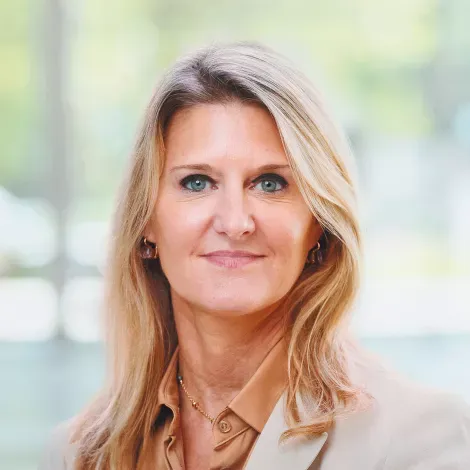
To further its goal of becoming a top five pharma in the U.S., Novartis introduced a new operating model in April that merged its pharma and oncology divisions but created two commercial divisions: one for the U.S. and another for the rest of the world.
The overhaul led to a musical chairs of C-suite changes, including a transition for Marie-France Tschudin, former president of Novartis Pharmaceuticals, to chief commercial officer and president of the newly created Innovative Medicines International division. Victor Bulto was appointed as president of Innovative Medicines U.S., and Steffen Lang took over as president of operations.
Pharma veteran appointed as chief medical officer at Boehringer Ingelheim
Meanwhile, the privately held Boehringer Ingelheim nabbed Lykke Gylvin, Novartis’ global medical franchise head for neuroscience, as its chief medical officer and head of global medicine. Gylvin replaces Mehdi Shahidi, who left the company in February after 16 years to join AI Vivo as chief medical expert.
Buoyed by her decades of experience in pharma, which has included stints at AstraZeneca, Novo Nordisk and Roche, Gylvin now leads Boehringer Ingelheim’s pipeline comprised mainly of CardioMetabolic and CNS candidates, including three late-stage drugs.
Roche’s diagnostics head replaces Severin Schwan as CEO
After 14 years at Roche’s helm, Severin Schwan, who helped the company acquire Genentech, is stepping down. The Swiss pharma announced in July that Thomas Schinecker, CEO of Roche Diagnostics, will assume the role in March 2023, while Schwan will become chair of the board.
Schinecker made a name for himself at the company during the COVID-19 pandemic, where he helped grow the testing business by 29% in 2021. But he’ll be stepping into the new role at a trying time, as the company recently shuttered most of its Alzheimer’s programs and withdrew its cancer immunotherapy Tecentriq from the market in the U.S. for treatment of a type of bladder cancer.
Moderna names James Mock as new CFO
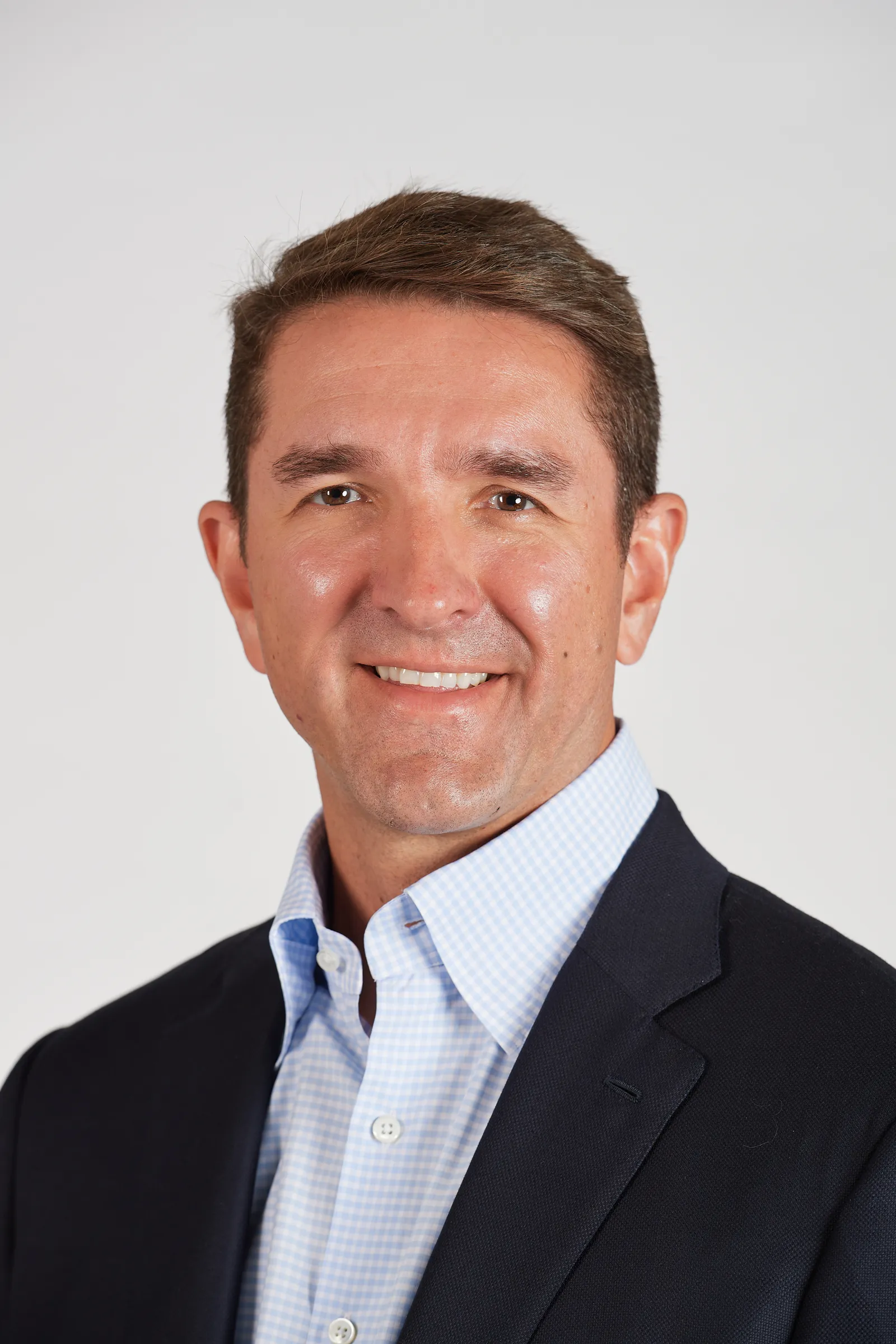
James Mock, a former PerkinElmer exec, joined Moderna in September as head of finance, where he is leading the biotech’s efforts to ramp up partnerships, licensing and M&A deals.
On a third-quarter earnings call, Mock said the company is “considering attractive opportunities that enable and complement our platform” and is “in multiple active discussions regarding additional external collaboration opportunities.”
Mock is no stranger to acquisitions, having led PerkinElmer’s 2021 takeover of antibody manufacturer BioLegend and his financial savvy will be key as the mRNA-giant looks to expand its pipeline, which already includes over 40 candidates, with new partnerships.
Michelle McMurry-Heath steps down as CEO of BIO
Michelle McMurry-Heath stepped down from her role as CEO of the Biotechnology Innovation Organization in October as reports of division in its leadership began to circulate. The clash reportedly revolved around whether the industry group should take a more proactive approach to addressing social issues, or whether it should remain steadfastly focused on biotech policy.
Since Rachel King, the former CEO of GlycoMimetic and a longtime BIO board member, took over in an interim role this October, the organization has not addressed whether it will incorporate more social advocacy into its work. And as the search for a permanent CEO continues into the new year, the group will simultaneously be working with the HHS to implement drug pricing reforms laid out in the Inflation Reduction Act.
Biogen appoints Christopher Viehbacher CEO
Former Sanofi CEO and Genzyme chair Christopher Viehbacher took the helm of Biogen in November, where he is tasked with setting the biotech on the right course after it experienced several setbacks related to its Alzheimer’s treatments this year.
Just a month into his tenure, Viehbacher is facing his first test as concerns grow over the safety of Biogen’s latest Alzheimer’s treatment lecanemab, after two recipients of the anti-amyloid antibody suffered brain hemorrhages and died.
Seagen picks David Epstein as new CEO
After a six-month search, Seagen announced Novartis alum David Epstein as its new CEO after Clay Siegall resigned in May following allegations of domestic abuse. Epstein, who served for over two decades at Novartis and helped grow its oncology business, is tasked with creating steady growth at the biotech, which lost $462 million in the first nine months of 2022.
His appointment also doused longtime speculation that Seagen, best known for its pioneering work with antibody drug conjugates, could be an acquisition target for Merck & Co.
Richard Francis to take the helm of Teva in new year
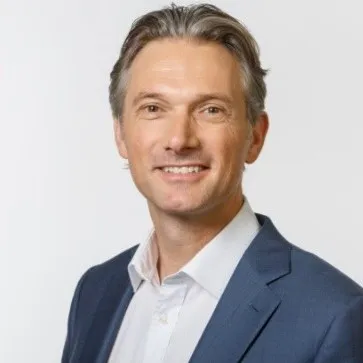
Richard Francis, also a Novartis alum and former head of the soon-to-be-sold generics business Sandoz, is set to lead Teva Pharmaceuticals beginning in the new year. Francis, who has spent close to three decades in the industry, will play a crucial role in helping Teva navigate challenges in the coming year with regard to supply chain and energy issues.
He’ll also be charged with guiding the company through a slew of legal troubles, including a recent $4.35 billion national settlement for its role in the U.S. opioid epidemic and an ongoing patent lawsuit with GSK.



